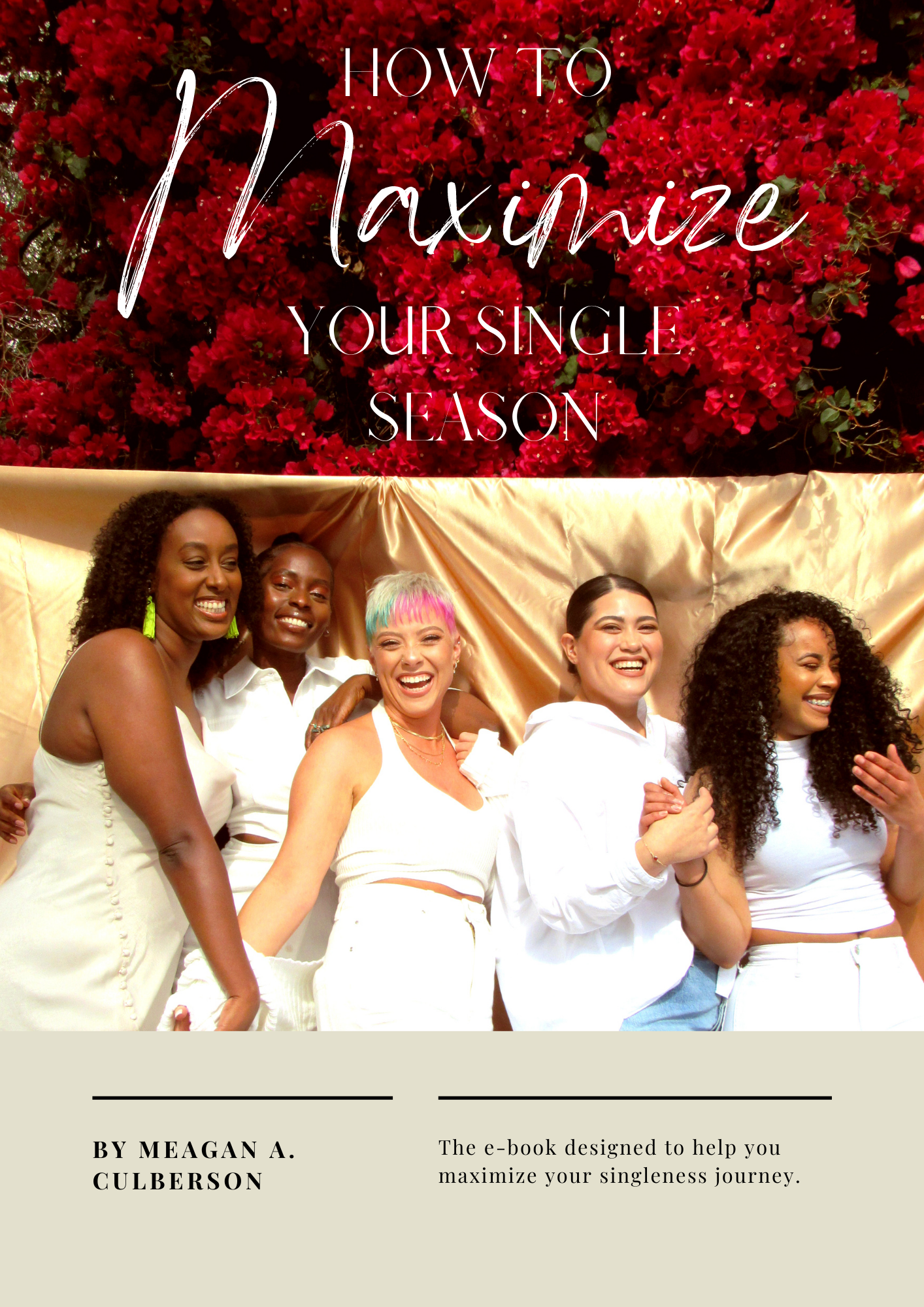How Enmeshment Develops and Can Destroy Your Relationship: A Comprehensive Guide
Enmeshment is a term used to describe a situation where the boundaries between two individuals become blurred, and they become overly dependent on each other for emotional support and validation. While healthy relationships require a certain level of emotional connection and support, enmeshment can be destructive to both individuals involved. In this blog post, we will explore how enmeshment is formed and how it can ruin your relationship.
How Enmeshment is Formed
Enmeshment often develops in families where there is a lack of healthy emotional boundaries. This can happen when a parent is overly involved in their child's life, and the child is encouraged to rely on the parent for emotional support and validation. As the child grows older, this pattern of enmeshment can continue into their adult relationships, where they may seek out partners who are similarly enmeshed with their own families.
Enmeshment can also develop when one partner in a romantic relationship is overly dependent on the other for emotional support and validation. This can happen when one partner is going through a difficult time, such as a loss or a major life change, and the other partner takes on the role of caregiver. While providing emotional support is important in any relationship, when one partner becomes overly dependent on the other, it can lead to enmeshment and a loss of individual identity.
How to identify & heal from emotional enmeshment | The Holistic Psychologist
The Impact of Enmeshment on Relationships
Enmeshment can be destructive to both individuals involved in the relationship. When there are no healthy boundaries, it can be difficult to maintain a sense of individual identity and autonomy. Enmeshment can also lead to a lack of trust, as one partner may feel that the other is too controlling or dependent.In romantic relationships, enmeshment can lead to a loss of intimacy and passion. When one partner is overly dependent on the other for emotional support, it can lead to a lack of balance in the relationship. The caregiver partner may become resentful or burned out, and the dependent partner may feel unsupported and isolated.
Enmeshment can also lead to codependency, a situation where both partners rely on each other to meet their emotional needs. This can be especially damaging if one partner is struggling with addiction or mental health issues. Codependency can make it difficult for both partners to seek outside help, as they may feel that they can only rely on each other.
Recognizing and Overcoming Enmeshment
Recognizing the signs of enmeshment is the first step in overcoming it. Some common signs of enmeshment include:
Lack of emotional boundaries
Difficulty making decisions without consulting the other person
Feeling guilty or anxious when spending time away from the other person
Difficulty expressing individual opinions or beliefs
If you recognize these signs in your relationship, it is important to work on establishing healthy emotional boundaries. This may involve seeking out professional help, such as therapy or counseling. It may also involve setting aside time for individual hobbies and interests, and learning to communicate your needs and emotions effectively.
In conclusion, enmeshment is a pattern of behavior that can be destructive to relationships. It often develops in families where there is a lack of healthy emotional boundaries and can continue into adult relationships. Enmeshment can lead to a loss of individual identity and autonomy, a lack of trust, and a loss of intimacy and passion. It is important to recognize the signs of enmeshment and work to establish healthy emotional boundaries in all of your relationships.
Shop Now



